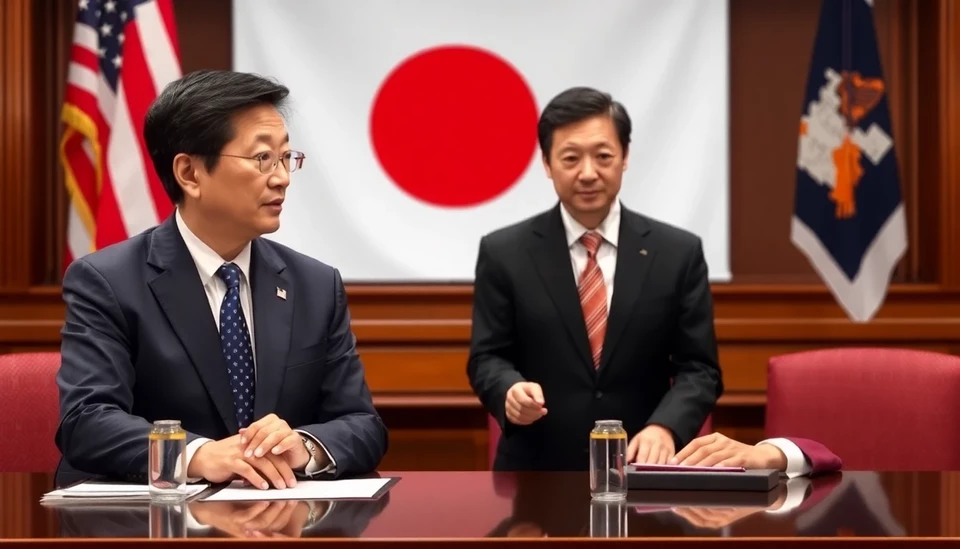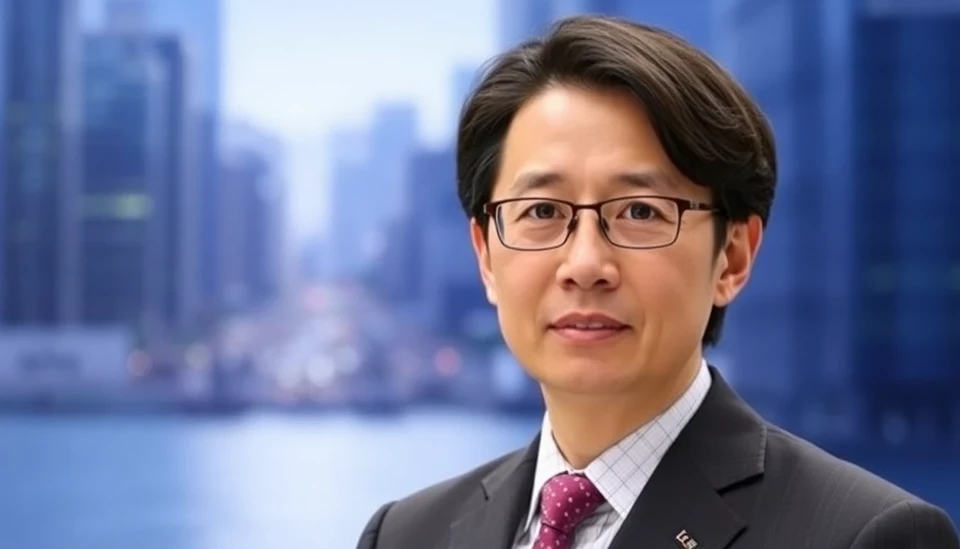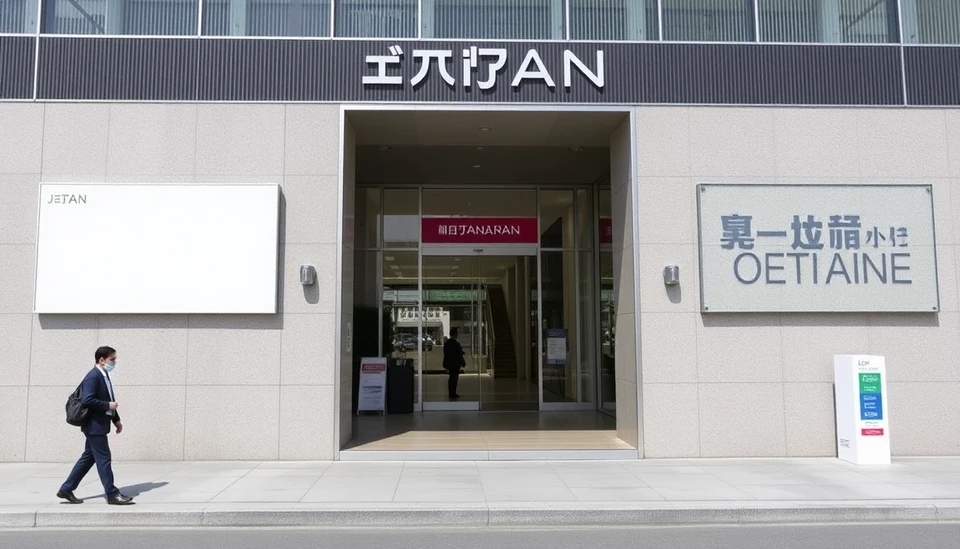
In a striking development indicative of a deepening labor crisis, Japan's foreign workforce has surpassed 1.7 million individuals, marking an all-time high. This significant increase comes as the nation grapples with a demographic decline, exacerbating challenges across various sectors, notably in manufacturing and services.
The surge in foreign workers can be attributed to several factors, including the Japanese government's ongoing initiatives to attract skilled labor from abroad, amid prolonged struggles to fill vacancies left by an aging population and a declining birth rate. In recent years, Tokyo has eased immigration policies to bring in workers to avert potential economic stagnation.
Statistics reveal that the total number of foreign workers jumped by over 13% from the previous year, with large contributions from countries such as Vietnam, China, and the Philippines. This influx has played a pivotal role in augmenting the labor pool, particularly in areas experiencing acute worker shortages. Industries such as construction, hospitality, and agriculture have particularly benefitted from this foreign labor influx.
Government officials have underscored that the increase is not merely a stopgap measure but is essential for sustaining economic growth. Despite the challenges and cultural barriers that foreign workers often face, their integration into the labor market has opened new avenues for businesses and has sparked discussions regarding the future of Japan's immigration policies.
However, this trend is not without its complexities. Critics argue that a reliance on foreign labor may not be a sustainable long-term solution to Japan's workforce issues. Concerns about workers’ rights, social integration, and the adequacy of support systems for these individuals have been raised, prompting calls for reforms to ensure that the influx of foreign talent is both beneficial and equitable.
As Japan navigates this pivotal moment, the conversation surrounding labor shortages is expected to intensify. Policymakers are tasked with striking a balance between addressing immediate workforce needs and preparing for a future that may require a more profound reevaluation of immigration policies and worker support systems.
In conclusion, the record expansion of Japan's foreign workforce underscores both the urgency of the current labor crisis and the potential benefits of a more diversified labor market. As the country continues to adapt in the face of demographic challenges, its approach to foreign workers will play a crucial role in shaping its economic landscape for years to come.
#Japan #ForeignWorkforce #LaborCrisis #ImmigrationPolicy #EconomicGrowth #WorkforceIntegration #DemographicChallenge
Author: Rachel Greene




